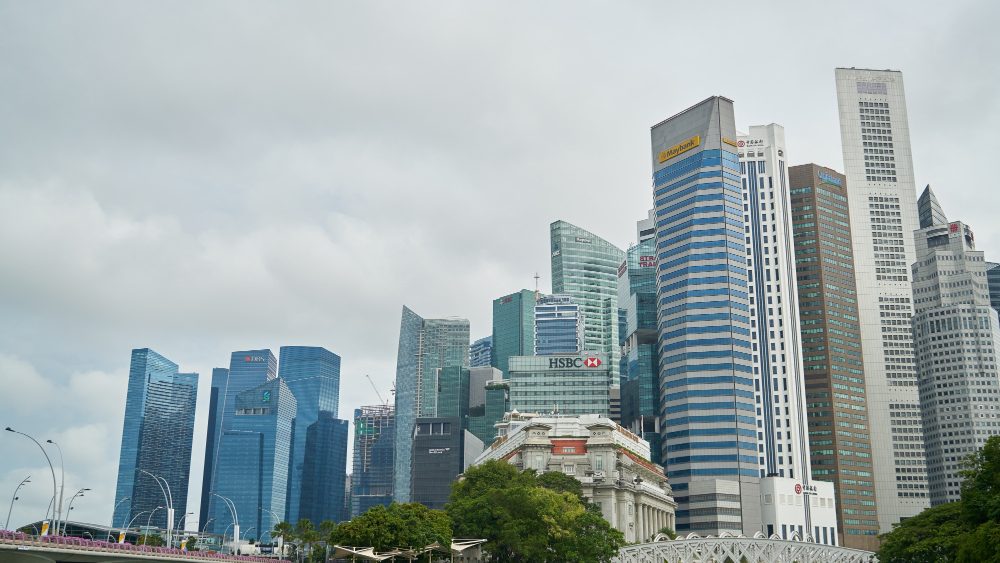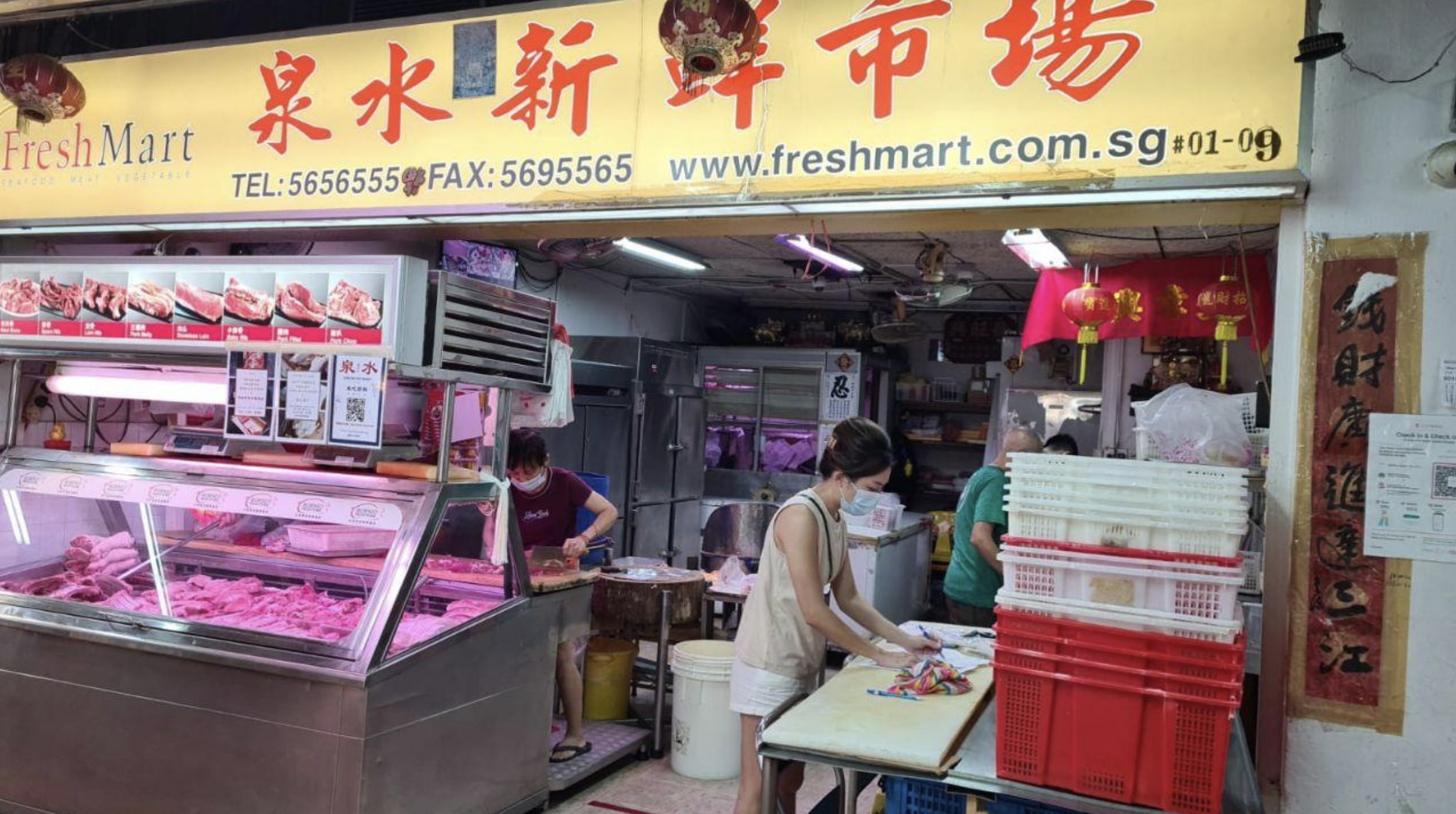SINGAPORE: Three Singapore-based companies—Golden Agri-Resources, Musim Mas Group, and Yanlord Land Group—have made it to the 2025 EY and University of St. Gallen Global 500 Family Business Index list.
Golden Agri-Resources, which was founded in 1996 by the Widjaja family, ranked 204th, with US$9.76 billion (S$13.13 billion) in revenue and 101,000 employees. Palm oil company Musim Mas Group, founded in 1932 by the Karim family, followed in 229th place, with US$8.90 billion (S$11.96 billion) in revenue and 42,000 employees. Real estate developer Yanlord Land Group, founded in 1993 by the Zhong family, took the 327th spot, with US$6.14 billion (S$8.25 billion) in revenue and 12,000 employees.
According to the Singapore Business Review, the Global 500 Family Business Index has ranked the world’s largest family-controlled businesses by revenue every two years since 2015. In 2025, these 500 companies earned US$8.8 trillion (S$11.83 trillion) in revenue and employed 25.1 million people globally.
According to EY’s “How the world’s 500 largest family businesses build and sustain value” article published on March 12, this marks a 10% increase in revenue from the 2023 Index, a notable achievement given that global gross domestic product (GDP) growth was just 3.3% in 2023.
To qualify, companies must have substantial family voting control (50% or more, or at least 32% for publicly listed firms), generate revenue based on financial data published in the last 24 months, and demonstrate multi-generation involvement or be more than 50 years old. If a family controls multiple businesses, only the business with the highest revenue makes the list.
The companies in the 2025 Index come from different sectors and countries, headquartered in 44 different jurisdictions, with 47% based in Europe, 29% in North America, 18% in Asia, and the remaining 6% spread across other parts of the world.
According to EY, nearly half (47%) of the companies in the 2025 Index were involved in at least one merger and acquisition (M&A) transaction in the last two years. It added that the largest contributors are in the retail sector, with 20% of the featured companies that, together, contribute 26% or US$2.25 trillion of the aggregate revenues of the index, followed by consumer products (19%), advanced manufacturing (15%), and mobility (9%). /TISG
Read also: 4 ways Singapore businesses can strengthen their workforce for the future





